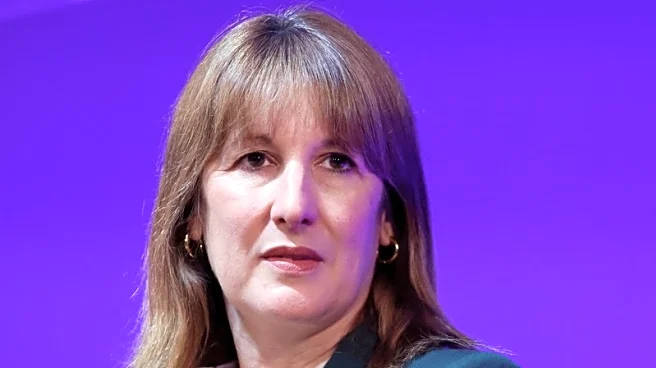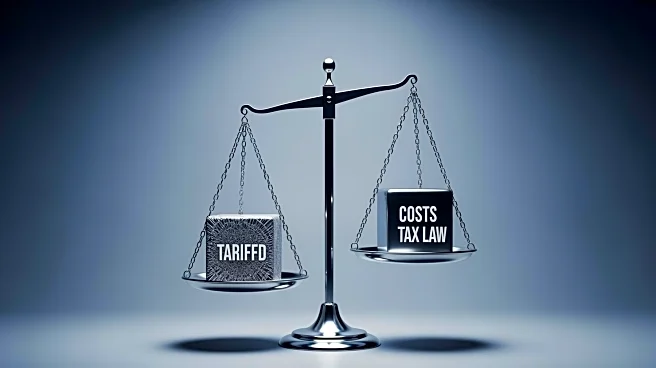By William Schomberg
LONDON (Reuters) -British finance minister Rachel Reeves should break her promise not to raise taxes on working people in next month's budget and increase income tax, rather than seek
to raise revenue in more economically damaging ways, a think tank said on Friday.
The National Institute of Economic and Social Research said other options to raise the 30 billion pounds ($40 billion) of revenue that Reeves is expected need to would distort the economy too much.
Reeves and Prime Minister Keir Starmer told voters before last year's election that they would not raise the rates of social security contributions, value added tax or income tax on "working people" nor increase the main tax on company profits.
In her first budget last year, Reeves increased the rate of social security contributions, or National Insurance Contributions, paid by employers but said she remained committed to not raising the tax burden on working people.
Since then, the government's borrowing costs have risen by more than expected, a plan to save 5 billion pounds a year in welfare costs has been dropped and Britain's budget watchdog has suggested it will lower its growth forecasts.
But Starmer and Reeves have repeatedly said they are sticking to their pre-election promises, including at last month's annual conference for the ruling Labour Party.
NIESR said a new tax on wealth, which is supported by some Labour lawmakers, would probably lead to a reduction in savings which could push up the cost of capital and hit investment.
A tax on land values might prove to be efficient but would take time to implement.
"With none of these options being desirable or feasible, we would argue that the Chancellor will have to raise one of the main taxes: corporation tax, income tax, employee NICs or VAT," the think tank said.
An increase in income tax might hurt consumer spending and reduce incentives to work but because income tax is paid by so many people, only a 1 percentage-point hike in the effective rate would be needed, less than for other taxes, it said.
An equivalent increase in VAT would have a more serious impact on the economy in the short term, hitting personal disposable income by nearly 3% and reducing GDP by almost 1%, adjusted for inflation.
($1 = 0.7502 pounds)
(Writing by William Schomberg; editing by David Milliken)









